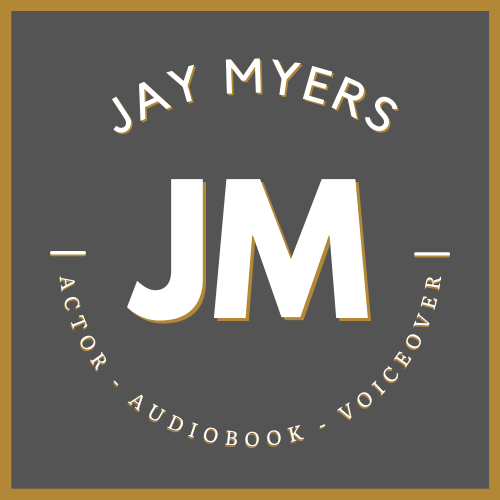Voiceover’s “Hidden” Skill: Sight-Reading
Sightreading. It’s a skill that I didn’t realize was going to be such an asset until I was well into my career as a VO artist and audiobook narrator. So here are some tips, tricks, and skills for you to improve your own sightreading.
First, what is sightreading? Often used in music, it’s when you receive a script or sheet music and have to perform it cold, that is with no preparation or foreknowledge of what it is you’re going to be performing.
This becomes incredibly valuable in VO for several reasons.
Volume of material
The sheer amount of stuff you’ll find yourself recording means that you’ll more often than not have little to no time to prepare. Personally, coming from a background in acting where you have months with scripts, this was somewhat foreign to me. As an example, in my first year as a full-time VO, I submitted around 2000 auditions, meaning I was moving quickly but that I also had to balance that speed with quality to get cast–hence sightreading.
Speed of Production
For most of the projects I’ll get cast in, I’ll receive the script the day of, or with too little time to really ‘prep’ it as I would’ve had it been a play or film. Regularly, I’ll receive scripts for live recorded sessions during the recording session.
Then there are audiobooks, where it’s basically impossible to prepare a 200+ page novel the same way you would a play. It’s not quite sightreading, as you’ll have read the book and roughly know the arc of the story as well as some of the character voices, but in the actual performance, you’re essentially reading everything for the first time.
Flexibility
Scriptwriters and creatives will often change lines as you work, or ask you to switch things up too. This will often be easier than going in totally cold, but having sightreading skills makes this sort of scenario easier.
There may be other reasons but those are the ones that pop to mind.
So, how do you improve?
Trust the Punctuation
Often punctuation can give you clues as to the pacing and content of a given sentence. Written thoughts can flow with and between the punctuation giving you good indicators of how they are structured, not to mention when might be good opportunities for you to take a breath.
Use Your Breath
Breath is probably the #1 thing that unlocks all other aspects of performance, and it happens to also be the thing that I find most early career voiceover artists and narrators are afraid of. When you breathe you give the listener time to catch up and comprehend what you’ve been saying/reading. You also afford the listener the opportunity to breathe with you. If I try to push through a sentence or a phrase while I’m running out of breath, it feels kind of like I’m clambering along underwater for the last 15 feet of the pool hoping to make it to the other side. That anxiety and lack of breath then becomes the focus and the experience of the listener, which is not only unpleasant, but it detracts from what you’re saying.
Pitch Variety
In speech, we use the music of our given dialect/accent/language to communicate feelings, and ideas, and to highlight the essence of what we’re trying to communicate. The interesting thing about sightreading and listening to narration is that as a performer, you don’t need to know exactly what you’re saying–you just have to sound like you know what you’re saying. As an example, I’ve narrated my fair share of non-fiction texts, some of them incredibly dry and technical. Now, I’m not a PhD Psychotherapist, but I need to sound like one as I narrate. Using pitch variety in conjunction with the punctuation and sentence structure, even arbitrarily, can make the content your narrating more legible to the listener.
Practice
You probably saw this one coming. It’s not always easy, but try reading random and various texts aloud. Mix between your favorite novels and some random medical textbook or news article. Random words written in different voices by different authors all introduce new hurdles for you to challenge yourself with. This will then make other material easier after a time.
Because I’m firstly a stage actor, I always found Shakespeare to be particularly valuable in this practice. It takes a while to understand what exactly you’re saying, but if you pick random passages and apply the above concepts, all of a sudden the essence of what is being said becomes clearer.
